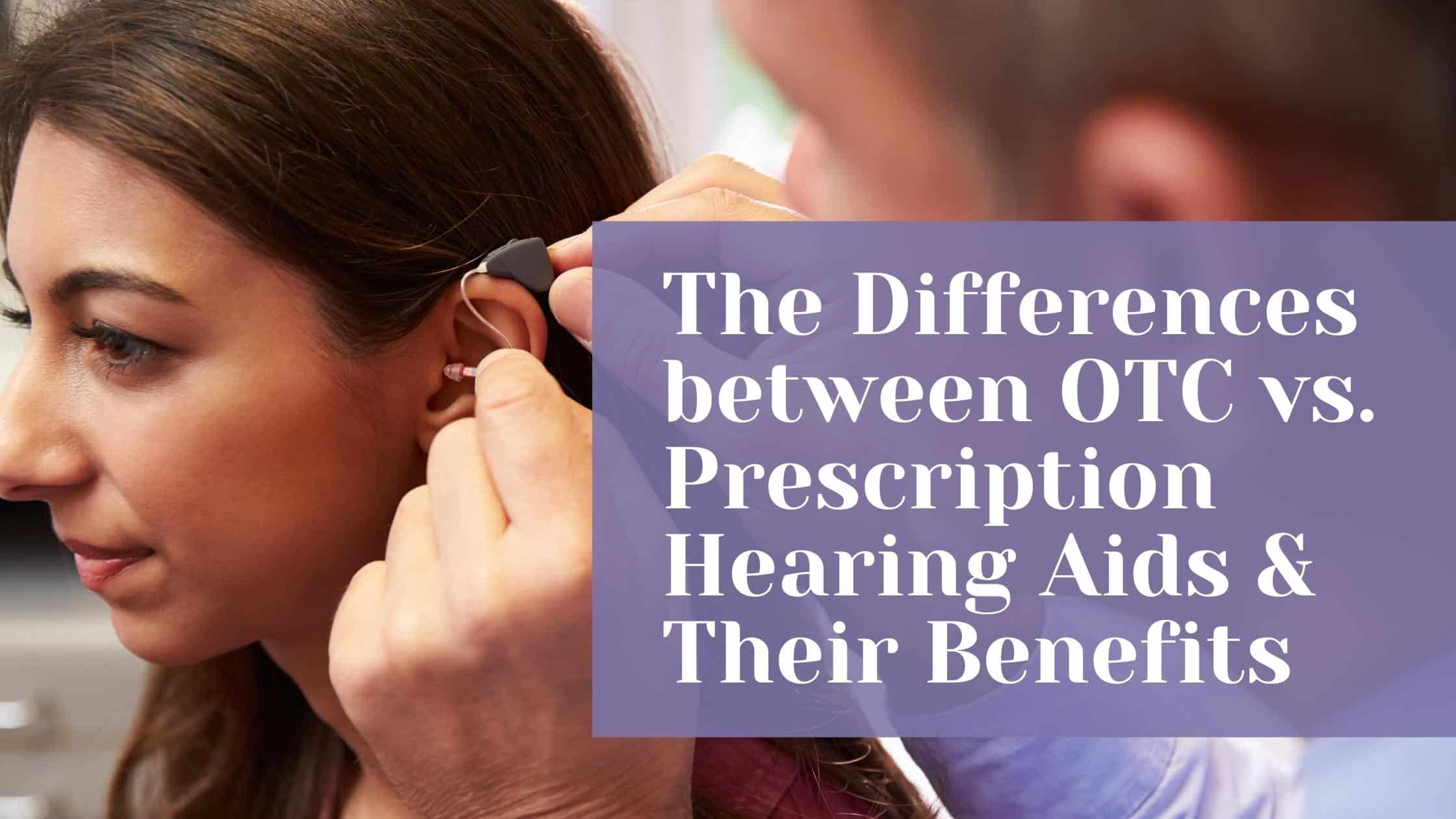
In 2017, Congress passed the Over-the-Counter Hearing Aid Act. The act required the FDA to establish regulations regarding the manufacture and sale of OTC hearing aids in the US. Explicitly, the FDA was tasked with the following:
- Provide reasonable assurances of safety and efficacy.
- Establish output limits and labeling requirements.
- Describe requirements for the sale of hearing aids in-person, by mail, or online, without a prescription.
This is a major step for the hearing aid industry. For decades, the only way a person could acquire a set of hearing aids was to visit an audiologist, where a comprehensive hearing test could determine the need for hearing aids. This was considered important because hearing aids, if improperly fitted, can cause hearing loss by over-amplifying sound.
The problem has been that there is a financial barrier to getting hearing aids for too many people. Hearing aids are a significant investment, and it is uncommon for insurance policies to cover them. For half a century, a startling statistic has remained unchanged: only about one out of five people who need hearing aids actually wears them. Hopefully, with the advent of OTC hearing aids, more people will be able to treat their hearing loss.
Bose hearing aids have been available over the counter for some time, and more OTC hearing aids will be hitting the shelves in a few months. Many people may wish to treat their hearing loss with this new, less-expensive option. If you may be in need of hearing aids, there are a few things you may wish to keep in mind while you consider whether to purchase OTC hearing aids or visit an audiologist.
The Comprehensive Hearing Test
OTC hearing aids work by giving you a hearing test through the hearing aids themselves, while connected to your smartphone. They test your hearing as best they can, then adjust the sound they reproduce to provide the amplification you need at the frequencies where you score lowest on your hearing test.
A comprehensive hearing test, administered by an audiologist, goes further. First, a physical exam lets us see whether you have any earwax buildup or eardrum perforation that could be contributing to your hearing loss. These are problems that can be corrected by removing earwax or repairing the eardrum rather than amplifying sound with hearing aids. Whenever possible, it is always better to treat the underlying condition.
The comprehensive hearing test can also identify other underlying causes. It could be that there is a problem with the bones in your middle ear. This can often be surgically corrected. If you get hearing tests at regular intervals, we may also be able to identify a hearing loss that progresses faster than normal, which can be caused by an underlying cardiovascular condition. Catching this early can save your hearing—and your life.
Professional Fitting/Programming
OTC hearing aids are programmed based on the results of the hearing test you take through them. This may or may not result in perfect amplification for your needs. We hear with our brains as much as our ears, so simply identifying the frequencies (pitches) where we have trouble hearing and amplifying them may not give us the hearing experience we need to hear our best.
When you visit an audiologist, this is how we will initially program your hearing aids, but again we go much further to achieve greater levels of comfort and use value. We can take a Real Ear Measurement, using a tiny microphone at the end of a very slim wire, to measure the actual amplification that your hearing aids are providing inside your ear canal. This helps adjust for abnormalities between individual hearing aid units, as well as differences between individuals’ ear canals that can alter the sound before it reaches the eardrum.
Afterward, we work with you for as long as necessary to make sure your hearing aids are providing comfortable amplification that works for you. It is common for patients to return to the office for adjustments during the first few weeks of wearing their hearing aids, as they always sound different in the world than they do in the office. We’re happy to make these adjustments so that our patients can feel at home in their new hearing aids!
Mild-to-Moderate Only
OTC hearing aids will only be available to treat mild-to-moderate hearing loss. If your hearing loss is more severe, OTC hearing aids will not provide enough amplification to give you the hearing experience you need. If you’re on the fence about whether to get OTC hearing aids or go to an audiologist, it may be worth scheduling a hearing test to make sure your needs can be met by OTC hearing aids before you purchase them.
Treating Hearing Loss with Our Team
The decision of how to treat your hearing loss is an important one! While the advent of OTC hearing aids will hopefully lead more people to treat their hearing loss, you will likely be able to expect a much higher quality of care from an audiologist for a long time to come.
